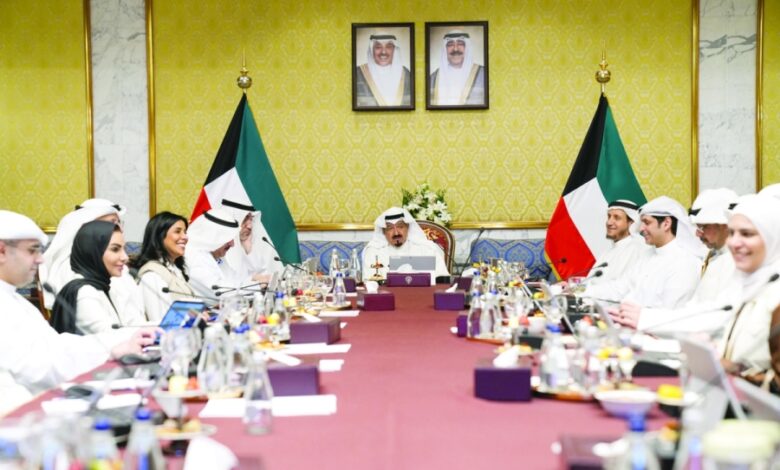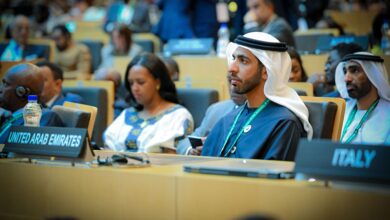Kuwait approves a draft decree-law on int’l judicial cooperation

The Council of Ministers has approved a draft decree-law to enhance international cooperation in criminal justice.
During its weekly meeting, chaired by His Highness Sheikh Ahmad Al-Abdullah, the Cabinet approved a decree-law on international judicial cooperation in criminal matters, which seeks to establish a clear legal framework for handling requests related to extradition, mutual legal assistance, and the transfer of convicts, reports Al-Rai daily.
The draft aims to align Kuwait’s domestic legal procedures with its obligations under a range of international, regional, and bilateral agreements.
The draft law addresses long-standing legal gaps that have made international cooperation in criminal matters challenging. According to the explanatory memorandum, the lack of comprehensive legislation has complicated the handling of judicial assistance requests and hindered the fight against transnational organized crime.
The new law consists of 52 articles divided into five chapters, covering definitions, general provisions, extradition of individuals and assets, the transfer of convicts, and detailed procedures for judicial assistance requests. The Public Prosecution will serve as the central authority responsible for processing all such requests.
To approve an extradition request, the following conditions must be met — the crime must be punishable under the laws of both the requesting and requested states, with no requirement for identical legal definitions, the crime must carry a minimum one-year prison sentence under the laws of both countries and the extradition must not lead to double punishment for the same crime.
Extradition requests may be denied under any of the following circumstances – if the person is a Kuwaiti citizen; the request conflicts with national sovereignty, security, or public order; the domestic judicial system has jurisdiction over the crime; the crime is classified as political (excluding terrorism and war crimes); the offense relates solely to military duties; there are grounds to believe the request is politically or discriminatorily motivated; the person has already been tried and either acquitted or served a sentence for the same offense; the person is already under investigation or trial in Kuwait for the same crime; the statute of limitations for the crime has expired and there is a risk of torture or denial of a fair trial in the requesting state.
When multiple countries request the extradition of the same individual, priority will be given to the country where the crime occurred; the country harmed by the crime and the country of the individual’s nationality.
This new legislative framework reinforces Kuwait’s efforts to combat cross-border crime, recover stolen assets, and promote judicial cooperation in line with international legal standards.












